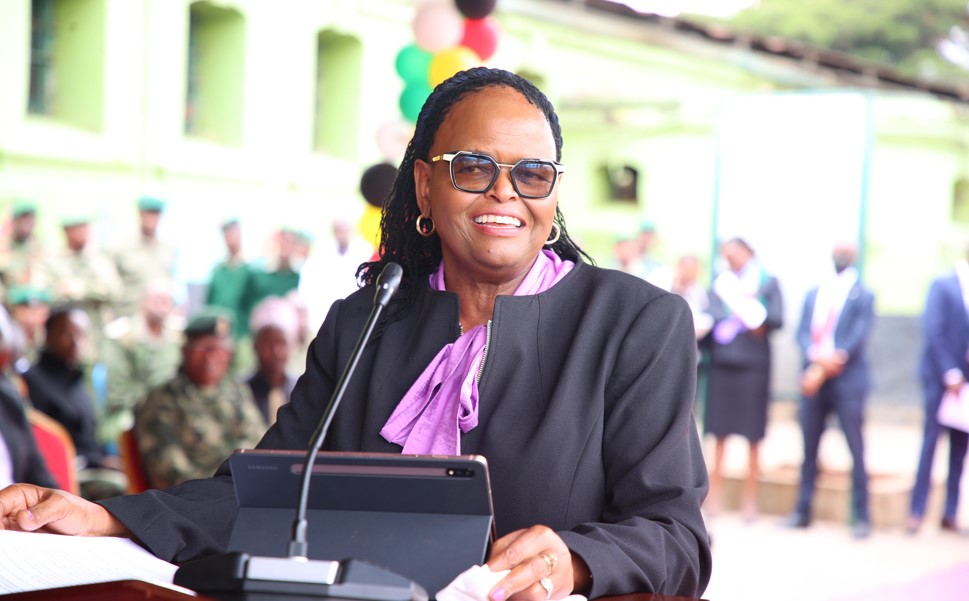Chief Justice Martha Koome is set to preside over the official launch of the Judiciary Committee on Elections (JCE) Operational Plan for the 2025–2028 period on Monday. This unveiling marks a significant step in the Judiciary’s long-term preparations for managing electoral justice and dispute resolution in Kenya.
The three-year Operational Plan provides a strategic roadmap that outlines how the Judiciary intends to deliver timely and efficient election-related justice. It covers crucial areas such as judicial training, resource allocation, infrastructure development, and clear timelines for resolving election petitions. This proactive planning is essential to ensure the Judiciary’s readiness well ahead of the next general election.
The Judiciary Committee on Elections was established in August 2015 as a permanent committee to create a sustainable framework for continuous electoral preparedness. Its mandate is to oversee and support the Judiciary’s role in resolving election disputes a critical function in upholding the rule of law and democratic principles in Kenya.
Over the years, the JCE has worked closely with institutions like the Judiciary Training Institute (JTI) to equip judges, magistrates, and other judicial officers with the necessary skills and knowledge for effective Election Dispute Resolution (EDR). These capacity-building initiatives aim to ensure impartiality, consistency, and efficiency in handling petitions that may arise from electoral contests.
The latest Operational Plan comes as part of the Judiciary’s broader reform efforts and is a continuation of the foundation laid during the 2022 General Election cycle. Notably, former Chief Justice David Maraga appointed the current JCE leadership under Court of Appeal Judge Justice Daniel Masinga to steer preparations for election disputes during that cycle.
As Kenya approaches another election cycle, the unveiling of this Operational Plan reaffirms the Judiciary’s commitment to safeguarding electoral integrity through robust and responsive judicial mechanisms. It also underscores the importance of institutional readiness and collaboration among stakeholders in maintaining public confidence in Kenya’s electoral and justice systems.

